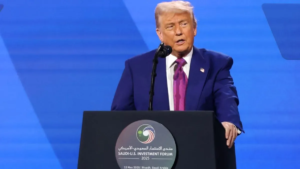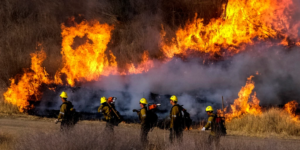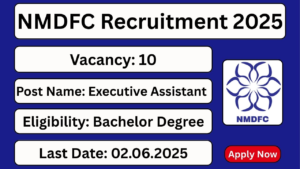Niger’s Defiant Stance: A Test of West African Resolve
The military coup in Niger, which ousted democratically elected President Mohamed Bazoum on July 26, 2023, has ignited a regional and international crisis. At the heart of this turmoil is the steadfast defiance of the coup leaders to reinstate the deposed president, despite mounting pressure from the Economic Community of West African States (ECOWAS). This standoff has raised the specter of military intervention and underscored the fragility of democratic governance in the region.

The coup in Niger marks a significant setback for democratic progress in West Africa. The country, once considered a stable and relatively prosperous nation, has been plunged into uncertainty. The junta’s refusal to yield to diplomatic overtures from ECOWAS is a direct challenge to the authority of the regional bloc and raises questions about its ability to maintain peace and stability in the region.
ECOWAS has adopted a tough stance on the coup, imposing economic sanctions and threatening military intervention. The bloc’s determination to restore constitutional order is commendable. However, the path forward is fraught with challenges. A military intervention could lead to a protracted conflict with devastating humanitarian consequences. On the other hand, allowing the coup leaders to consolidate power would embolden other would-be dictators in the region.
It is imperative that ECOWAS explore all diplomatic avenues before resorting to force. The bloc should engage with key regional and international stakeholders to build a united front against the coup. Additionally, it is essential to support civil society organizations and opposition groups within Niger to promote democratic values and advocate for the restoration of constitutional rule.
The crisis in Niger is a stark reminder of the challenges facing West Africa. The region is grappling with a host of interconnected problems, including terrorism, poverty, and climate change. Addressing these underlying issues is crucial for preventing future coups and building resilient democracies.
The coming weeks and months will be critical for determining the fate of Niger and the broader region. The international community must remain engaged and support ECOWAS’ efforts to restore constitutional order through peaceful means.










